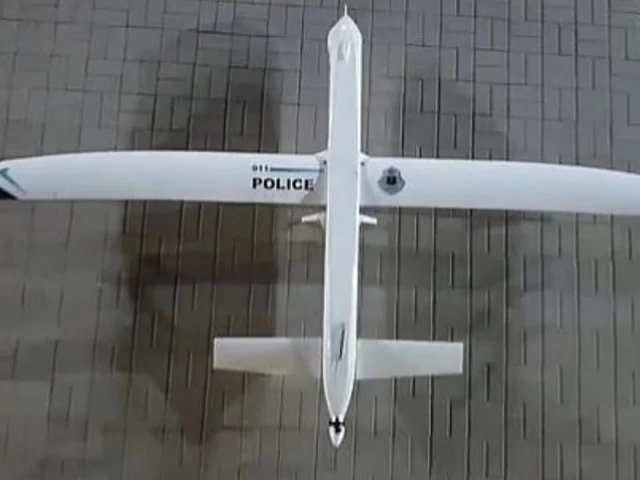Saudi Arabia deploys drones, AI to curb unauthorized Hajj pilgrims
Drones use AI and thermal imaging in a smart surveillance system to spot and stop Hajj rule violators in real time

Saudi Arabia has deployed advanced technologies, including drones and artificial intelligence, to intensify its crackdown on unauthorized Hajj pilgrims, Gulf News reported. The initiative aims to strengthen surveillance and enforcement ahead of this year’s Islamic pilgrimage.
The Kingdom’s General Directorate of Public Security released footage showing drones equipped with high-resolution cameras tracking individuals and vehicles suspected of attempting to reach the holy sites without valid permits.
Saudi Hajj Security Forces…
— Hajj News (@hajj1_ENG) May 23, 2025
– Modern technologies
– Advanced security systems
To enforce Hajj regulations and instructions, and to apprehend violators of the laws and regulations.#No_Hajj_Without_Permit#HajjSecurity#Hajj2025
pic.twitter.com/BVTm9A2N5x
In one instance, a drone detected a suspicious vehicle in a remote desert area and relayed its coordinates to ground patrols, who quickly apprehended the suspects.
These drones are part of a sophisticated surveillance system that integrates artificial intelligence and thermal imaging, enabling authorities to identify and intercept violators in real time.
The campaign, titled “No Hajj Without a Permit,” is central to the government's efforts to regulate the pilgrimage and ensure the safety of all participants.
Read more: Saudi Arabia announces strict penalties for unauthorised Hajj pilgrims
Several individuals have been arrested in recent days for illegally transporting undocumented pilgrims. The Ministry of Interior confirmed that special seasonal committees have issued administrative penalties, including prison terms, fines of up to SR100,000 per violator, deportation of expatriates after serving their sentences, a 10-year re-entry ban, and the judicial seizure of vehicles used in these violations.
The ministry reiterated that performing Hajj requires a specific Hajj visa. Individuals on visit visas are strictly prohibited from undertaking the pilgrimage. International pilgrims must obtain Hajj visas through their respective Hajj Affairs offices in 80 countries or via the Nusuk Hajj platform, which facilitates applications from 126 nations.
In addition, the Ministry has announced fines of up to SR20,000 for anyone caught performing or attempting to perform Hajj without official authorization. These stringent measures come amid concerns over foreign visitors overstaying their visas with the intent to join the pilgrimage illegally.



















COMMENTS
Comments are moderated and generally will be posted if they are on-topic and not abusive.
For more information, please see our Comments FAQ